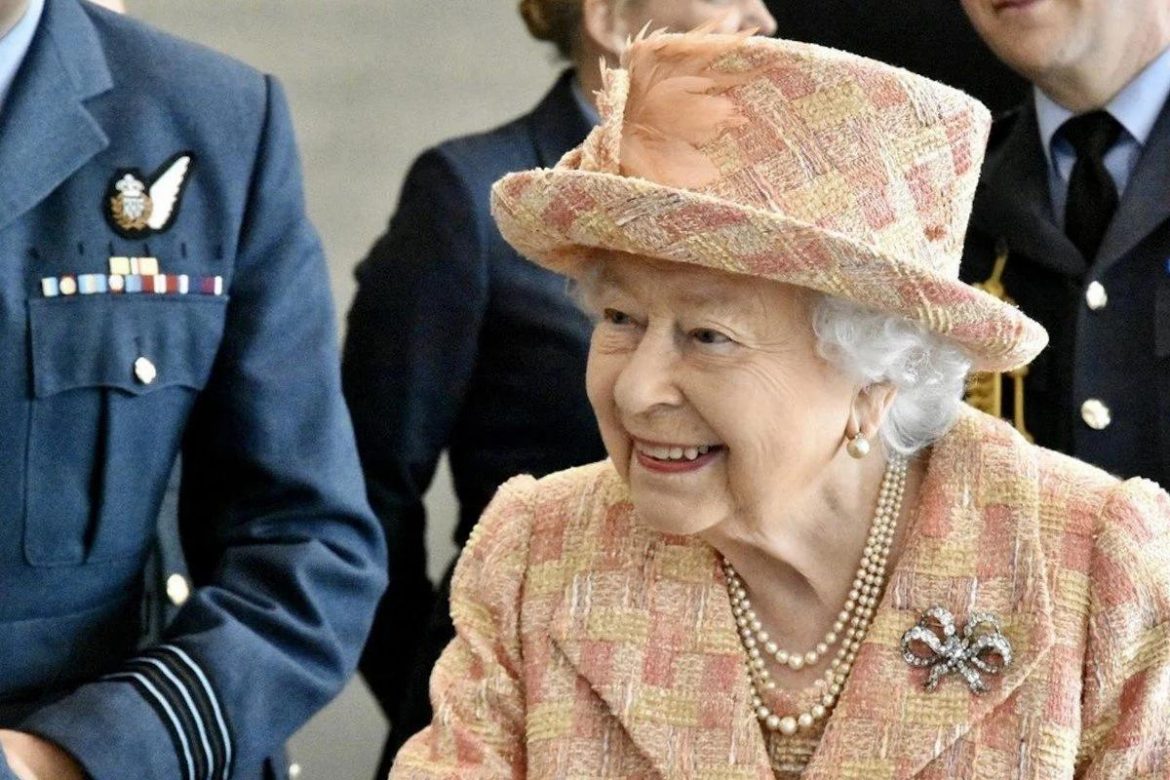We all know the queen isn’t like the rest of us. Being one of the most recognised people in the world and a member of a family with a genealogy that stretches back over a 1,000 years (to Alfred the Great, King of the Anglo-Saxons), she holds a number of powers which range from the sublime to the downright bizarre. Here are a few …
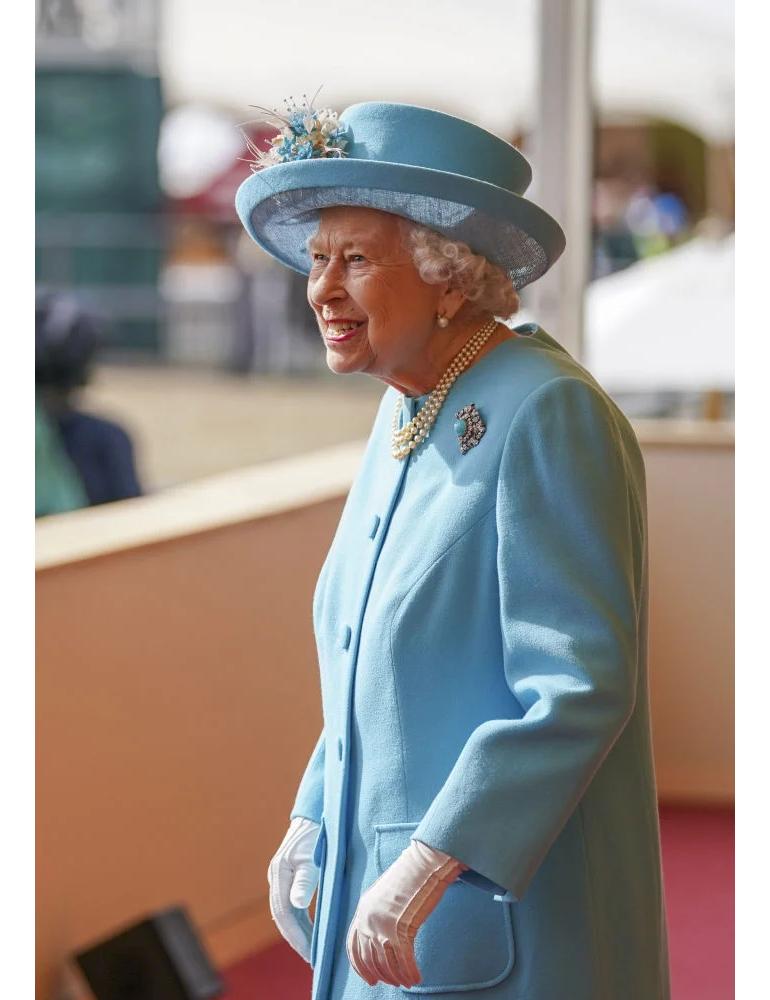
The queen is the ultimate influence
Think the Kardashians are the first and foremost in the world of celeb endorsements? Think again! British monarchs, and those authorised by them, have been recognising quality products and services supplied to the royal households in the form of Royal Warrants of Appointment. Awarded since the 15th century, receiving the royal nod means reaching the pinnacle in one’s industry or profession.
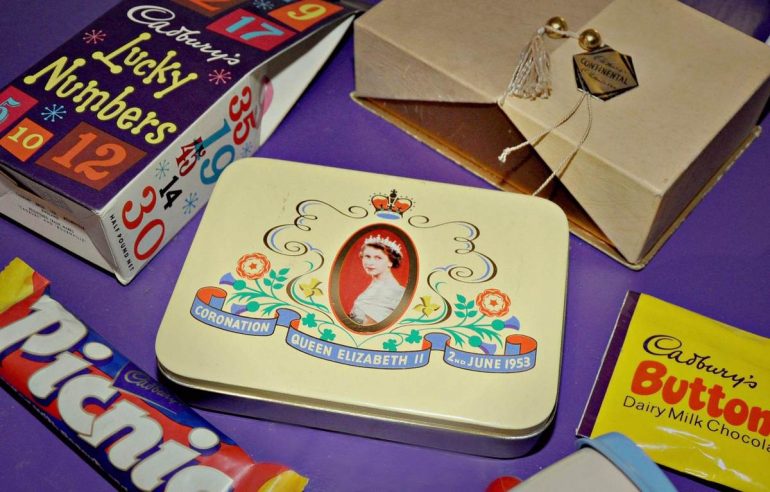
Cadbury, Twinings, Bollinger, Fortnum & Mason, Heinz, Tanqueray Gordon & Co and Schweppes are just a few of the famous food and drink brands that have received warrants, whilst you’d be in royal company if you use anything from Aston Martin, Jaguar, Boots, Paragon China or even Yardley of London.
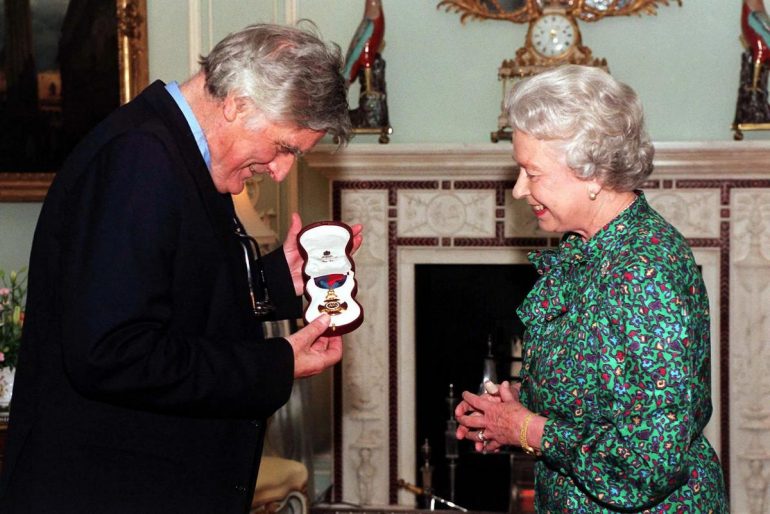
She appoints the Poet Laureate – and pays him with sherry
One of the queen’s prerogatives is the appointment of the Poet Laureate. The post is awarded to a poet whose work is of “national significance”. The current holder of the position is Simon Armitage who, in part payment for his services to the crown, is entitled to a barrel of sherry! He most recently penned a poem to mark the passing of the queen’s husband, Prince Philip.
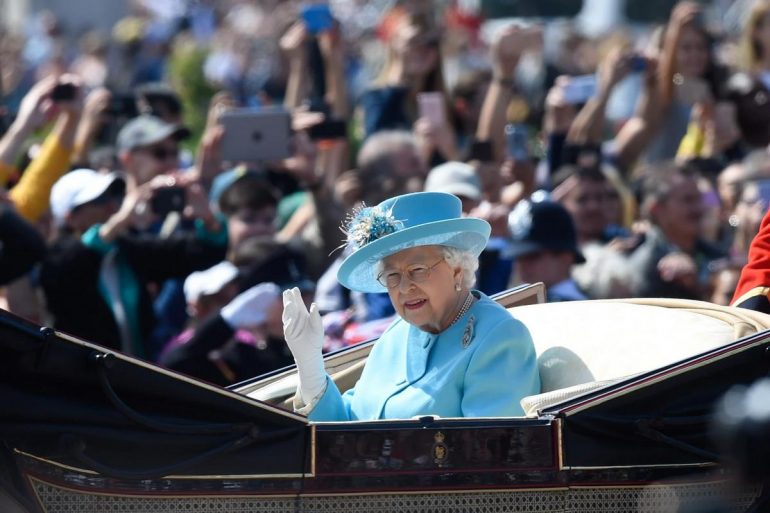
She declares the parties open
The opening of parliament is a great affair in Britain dating back to the late 14th century, filled with pomp, circumstance and pageantry. From the queen riding to the Palace of Westminster in the Irish State Coach, to entering the House of Lords bedecked in all her finery, the affair is steeped in tradition.
Interestingly, one power in relation to her parliament that the queen does not have is the power to enter the House of Commons, where the elected representatives of the British people sit. Ever since King Charles I entered the house in 1642 with armed guards to arrest sitting MPs, no monarch has been allowed in the chamber. That is why the queen commands the members to attend her in the House of Lords.
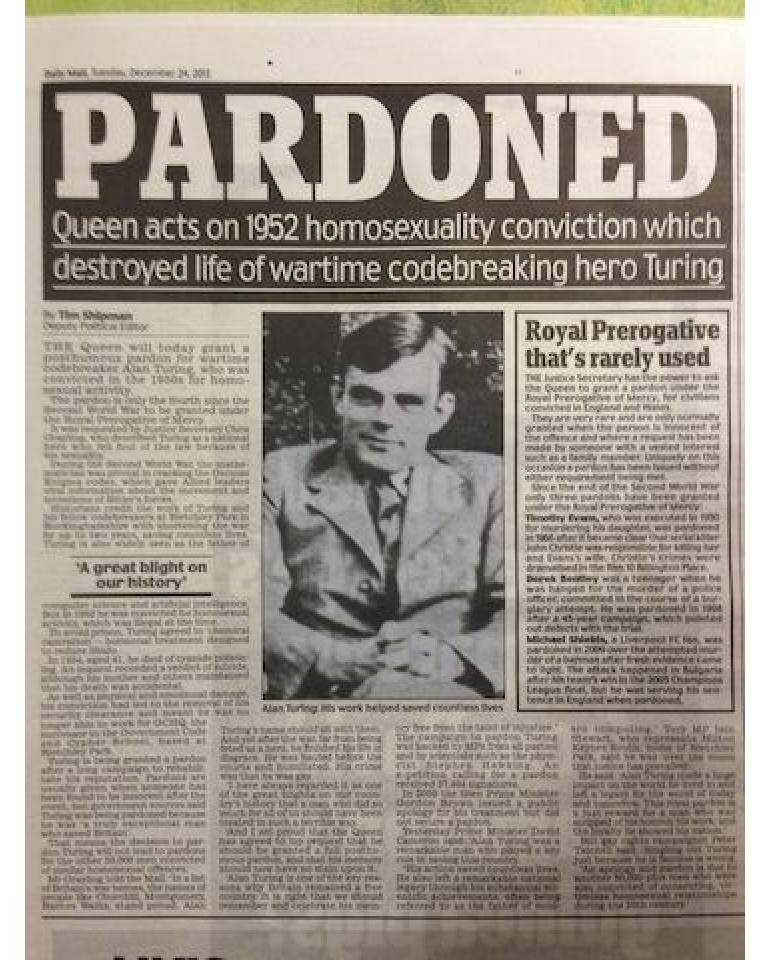
She can pardon criminals
As with most heads of state, the queen does hold the power to pardon criminals, known as the “royal pardon”, but as with many of her powers, she doesn’t use this particular one too often, preferring to leave the granting of pardons and clemencies to her government ministers. In 2013, however, a special case did arise that saw Queen Elizabeth grant a posthumous pardon to Alan Turing (the subject of the film The Imitation Game), the World War II codebreaker who was convicted of “gross indecency”.
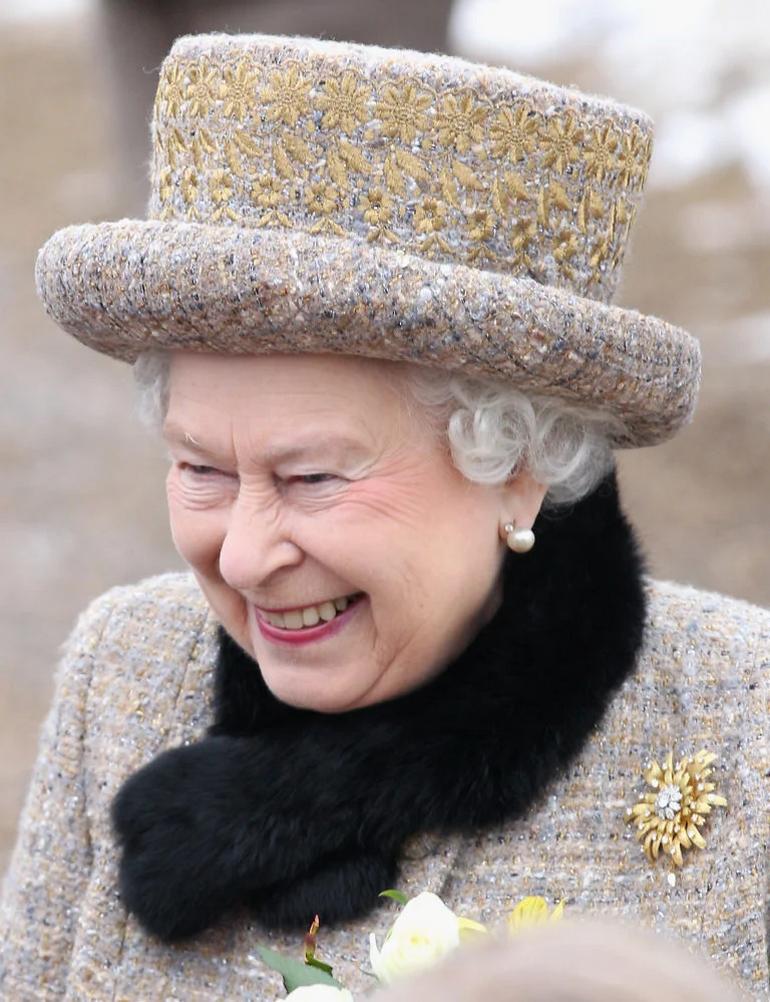
Move aside, King Triton
Thanks to a law dating all the way back to 1324, the monarch technically owns a large amount of the creatures in Britain’s oceans. This includes all the dolphins, sturgeon, whales and porpoises, which are designated as “royal fish”. According to the law, when such animals are caught within 5km (three miles) of the UK’s coastline, they may be claimed on behalf of the Crown.
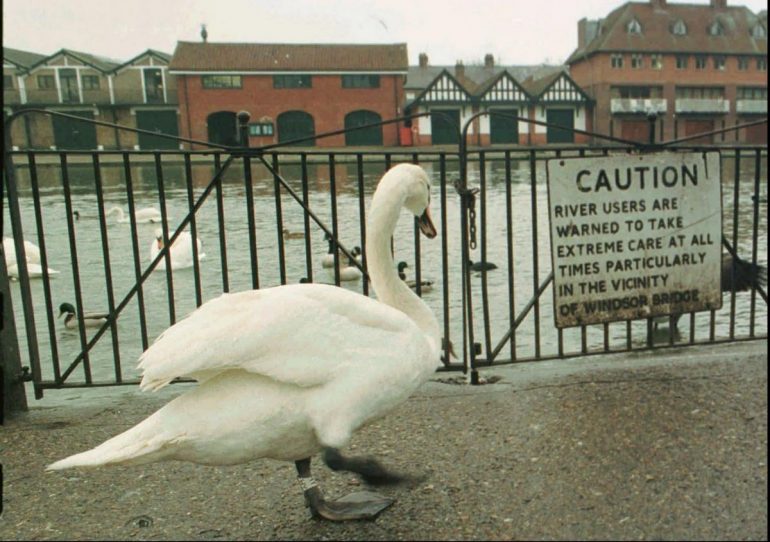
She can swan around
And it’s not just the seas the queen holds dominion over. When it comes to swans, she’s the queen of them too! In law, all swans in unmarked open water belong to the sovereign, although, according to the royal family’s website, the queen only “exercises her ownership on certain stretches of the Thames and its surrounding tributaries”. Even today, there is an annual ceremony held on the River Thames called Swan Upping, in which the birds are caught and tagged for the purposes of a census.
Note: This story was originally published on SCMP and has been republished on this website.
